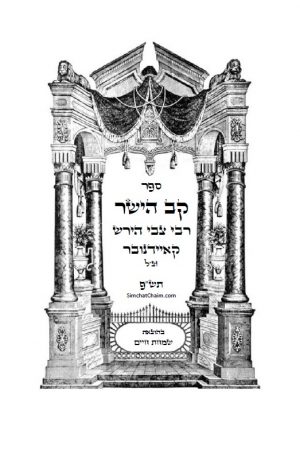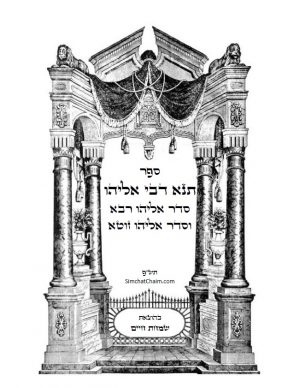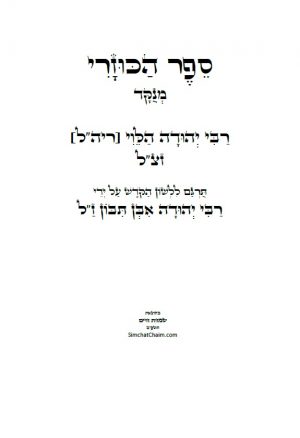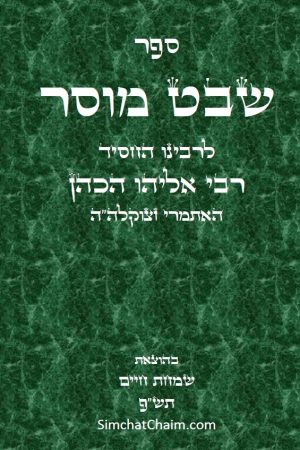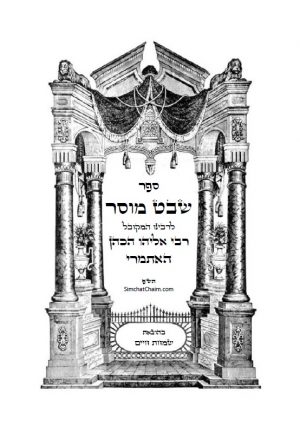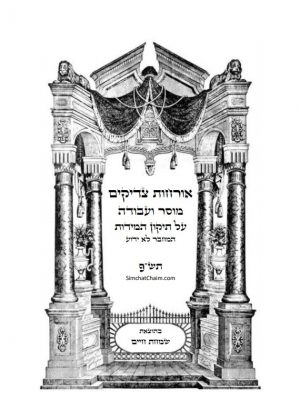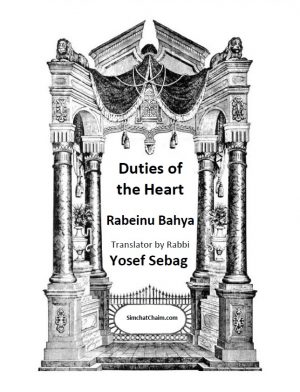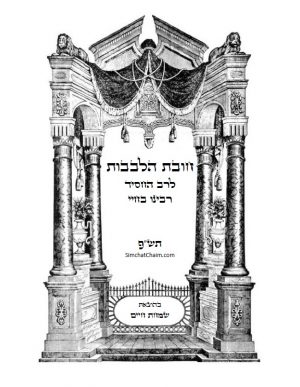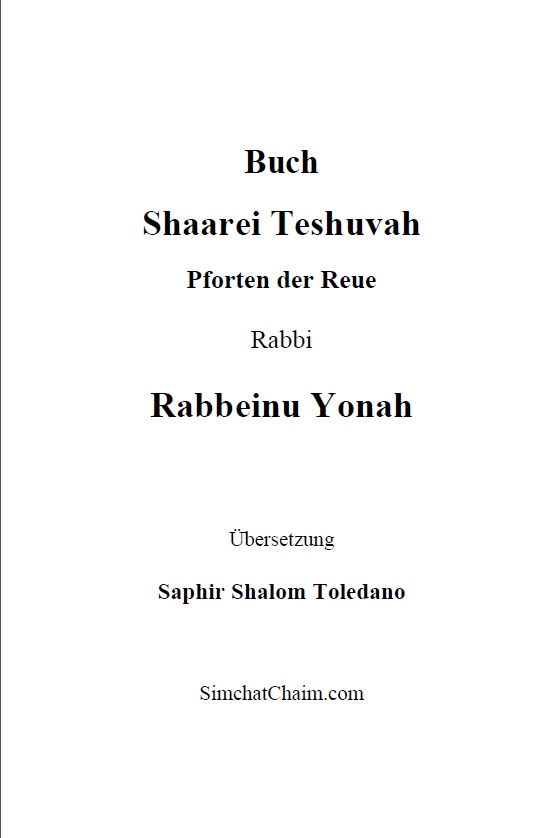Sefer
Sha’arei Teshuvah
Gates of Repentance
Hasidic Rabbeinu Yona
Rabbeinu Yona is the second central figure in the public and religious life of the Jews of Spain in the middle of the 13th century and the giant of the spirit of this glorious Judaism throughout the generations. For generations, he will be known as a man of great morals, and in his time, he was known mainly for his public work: a preacher, a brave fighter against corrupt leadership, and the head of a large yeshiva in Barcelona and Toledo, where he made many students who continued his path.
About the extent of his influence on Sephardic Jewry, we can quote him from the words of our Rabbi Chai Ben Asher [our Rabbi in his second life] about twenty-five years after the death of Rabbeinu Yona. When he chose from Rabbeinu Yona’s commentary to tell the opening parables at the beginning of each Parsha – he wrote: “And from my commentary, one holy man speaks of great importance… He is a man of God, a pillar and corner of the Torah, the great rabbi Rabbeinu Yona, the late… How much more precious is his composition than gold and all pearls, Man Yahib lan Ma’apriya Demer and Melinan Einin [Who will bring us from the dust of the Lord, and we will fill our eyes]”.
Rabbeinu Yona was his partner and friend, as well as his cousin and mother-in-law, of the Ramban, and their joint activity brought about a deep and far-reaching change in all Jewish life in Spain and the Talmud of the Torah in this country. One. This is what, for example, Rabbi Menachem Ha’Meiri writes in his introduction to Tractate Avot: “And in Catalonia, after Rabbi Alberceloni, we heard the great Rabbi Yona and the great RAMBA”N [Rabbi Moshe ber Nachman], whose wisdom was published in the world.”
Up to this point in history, the Jewry of Spain was characterized almost from its first days, being a Jewry of the cave in general education and cultural circles. However, with the rise of the influence of Christianity in the country, we see a turning point in Spanish Judaism. The pinnacle of this turning point was brought about by the Ramba”n, but to a more prominent degree by Rabbeinu Yona, who brought to Spain the Prussian Hasidic spirit of the Ashkenaz Hasidic circle, a spirit of innocence and stickiness, zeal for the Torah and lofty moral standards of holiness and purity, and a rejection of external wisdom and considerable culture.
The main part of Rabbeinu Yona’s publication is related to his moral teachings, “He who has not risen like him speaks in the fear of God to draw the hearts of men to the ways of Hasidism” [as Rabbi Shimon ben Rabbi Tzemach Duran says in the introduction to his commentary on the chapters of Avot].
The next direct moral is expressed in his most famous book “Sha’arei Tshuva“. In this book, Rabbeinu Yona presented for the first time the moral problem as the vital concern of the entire public and not only as a concern of the elite “seekers of God”. He presented public life as a subject for moral consideration and taught that the wholeness of the individual is not only found in the spheres between man and his creator, but to no less extent also in the spheres between man and his fellow man, and like communal public life in which all guarantee a mutual guarantee and bear personal responsibility for the actions of the common.
The book Shear Teshuva is part of a more comprehensive composition, which contained additional “gates” and some of them are mentioned in the Teshuva Gate – the Torah Gate, the Humility Gate, the Fear Gate, the Cruelty Gate, and the Labor Gate.
SBN/SKU
978-1-61704-668-1
Trim Size 6.000″ x 9.000″ (229mm x 152mm)
Paper Color White 50
Paperback
Laminate Type
Matte
Page Count 310

![Sha'arei Teshuvah - Gates of Repentance [Rabbeinu Yonah]](https://simchatchaim.com/wp-content/uploads/2022/05/st.jpg)



